Contents
When someone thinks of podcast metrics or success, immediately the word “downloads” comes to mind. But slowly we see success metrics moving away from just downloads and looking at some other interesting and key data points.
Why We Should Move Away from Podcast Downloads
There are various reasons as to why we shouldn’t only be looking at podcast downloads to base the success of our show on. Let’s dive into a few of them.
Niche Audiences
One is niche audiences. You might have a very niche audience that doesn’t bring in many listeners BUT each listener that you do have is highly engaged and relevant for your content. Especially when it comes to obtaining podcast sponsors, niche audiences can be an amazing selling point.
For example, say you launch a podcast about baking as a vegan. Your audience probably isn’t as large as if you were to do a podcast about baking in general, but because your listeners are most likely vegans themselves and also enjoy baking, a brand that sells vegan baking items would probably have some great success with advertising on your show.
With this example, the sponsor is getting access to an audience segment that is directly related to their product or service. If a vegan baking goods sponsor was to advertise on a generic baking podcast, they’re paying for a large quantity of listeners but many of them are probably not vegan and therefore not interested in their product.
See the benefit of niche audiences?
And again, these niche audiences don’t just benefit sponsors but also benefit you as the host since we can guarantee they’re more engaged and interactive with your content since it’s so targeted to them.
Podcast Marketing
Another reason why your downloads shouldn’t be your only source of success is because you might have amazing content but your marketing plan just isn’t strong enough. More awareness = more downloads, but podcast marketing is a tricky practice.
If you don’t have the right podcast marketing strategy, you might just not have the awareness that you need to grow those downloads. But at the end of the day, this doesn’t mean that your podcast isn’t successful or doesn’t have the opportunity to be successful.
Other Key Metrics
Instead of downloads, there are other metrics and measurement tactics to be paying attention to when it comes to evaluating your podcast’s success.
Average Consumption Rate
The first metric and probably our favorite metric is your average consumption rate. Your average consumption rate is basically a metric that tells you how much of your podcast episode your listeners are tuning in to. This is a key tell for the quality of your content and how it’s resonating with your audience.
How does it do this?
Well if you have a 50% consumption rate, you can be pretty confident that your content isn’t resonating well with your listeners or maybe you need to add some sort of element halfway through your podcast that keeps your audience engaged and interested. If your consumption rate is in the 90s, that’s a great insight into how well your content is performing. A 90% consumption rate is incredible, think about most advertising mediums, it’s rare that you’d hold a lead’s attention for the entirety of the advertisement.
And in addition to this, podcasts are long form pieces of content. Most advertising slots range from 30-60 seconds long but with a podcast you're holding your listeners attention for upwards of 30 minutes. There’s just nothing else like it out there.
Reviews and Ratings
The next metric is your reviews and ratings. This is another tell into whether or not your listeners are enjoying your content. If you’re receiving positive feedback on your podcast in the reviews section and also receiving high ratings, that shows that listeners are happy with your series (especially if they’re taking the time to actually leave a review or rating).
If you’re looking for sponsors, this is another great metric to share with them. Similar to how company’s have testimonials on their website, use your reviews as your own podcast testimonials. Reviews are coming directly from the listener, giving you their thoughts and opinions on the podcast. Even if it’s not the most positive feedback, it might give you some ideas around how you cam make your content better for your audience.
Off-Platform Engagement
The last metric we’ll quickly touch on is your engagement on platforms outside of podcast listening apps. If your podcast has a newsletter, community, or social media accounts, track the engagement rate through these channels.
These platforms are another key place to be gathering information about your listeners and also continuing to interact and communicate with them.
The Bottom Line
Overall, your downloads are definitely a metric to be tracking but as we’ve stated, it’s not the be all and end all number to justify your podcast’s success. Truly, if you want to be tracking the success of your show, you need to be combining all of these metrics and elements together to get an overall view on downloads, consumption, reviews and ratings, as well as engagement in other areas. When you can analyze all of these together, you’ll have a much more holistic view on your success.
Dane Cardiel from Simplecast says it incredibly well:
“We’ll see a shift in 2020 where the download metric begins to lose its prominence as the main measurement of what makes a successful podcast, successful. Podcasters will have to be diligent in collecting and interpreting any ancillary data to help craft a more compelling story about what makes their connection with their audience more impactful — and more importantly, they will need to educate their partners about why having the full context of their listeners carries so much more value than how many times an episode was downloaded.”
At the end of the day, we’re excited to see the industry shifting away from just looking at the number of downloads and instead, diving deeper into who it is that’s downloading.


.avif)
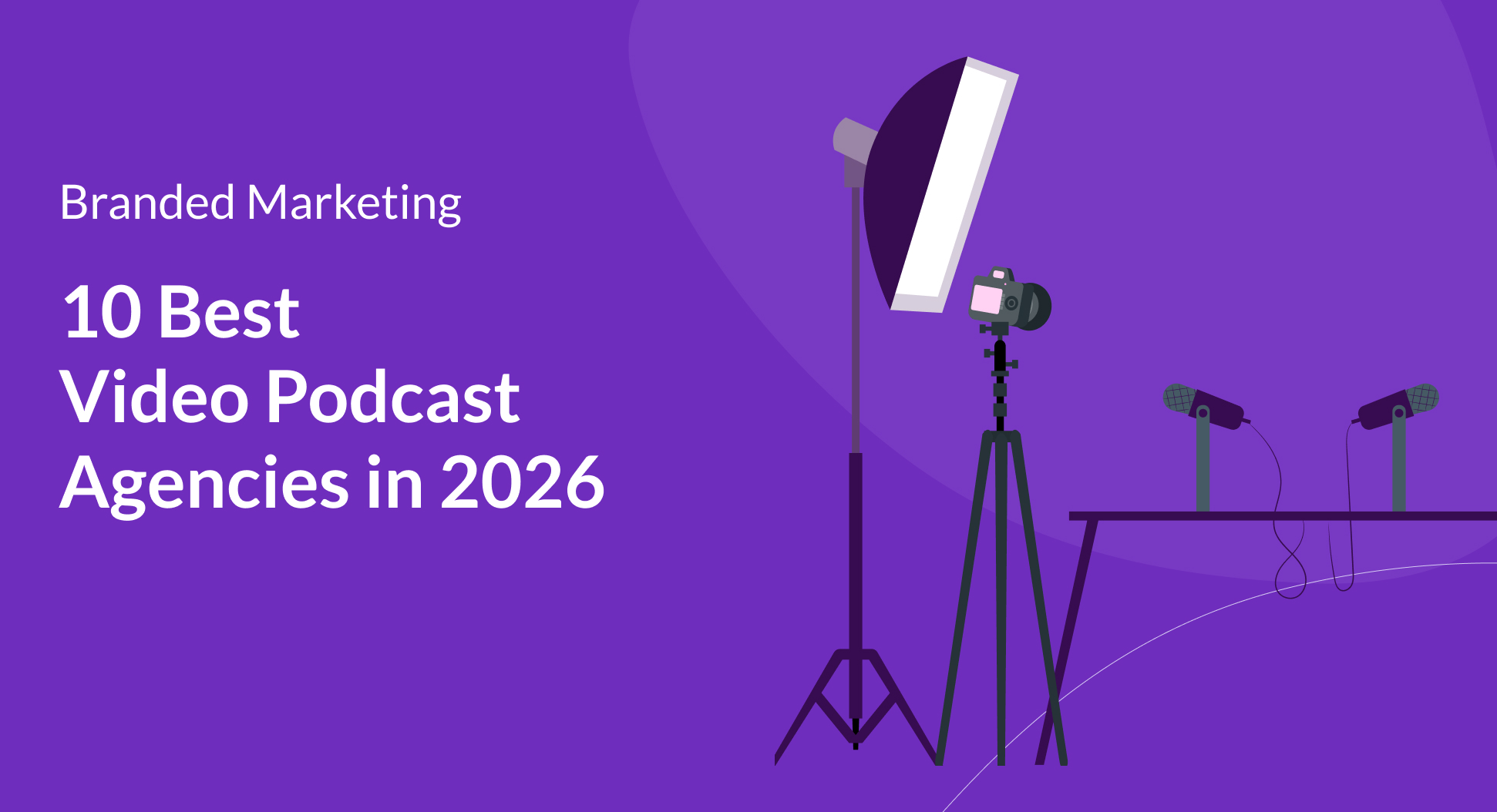
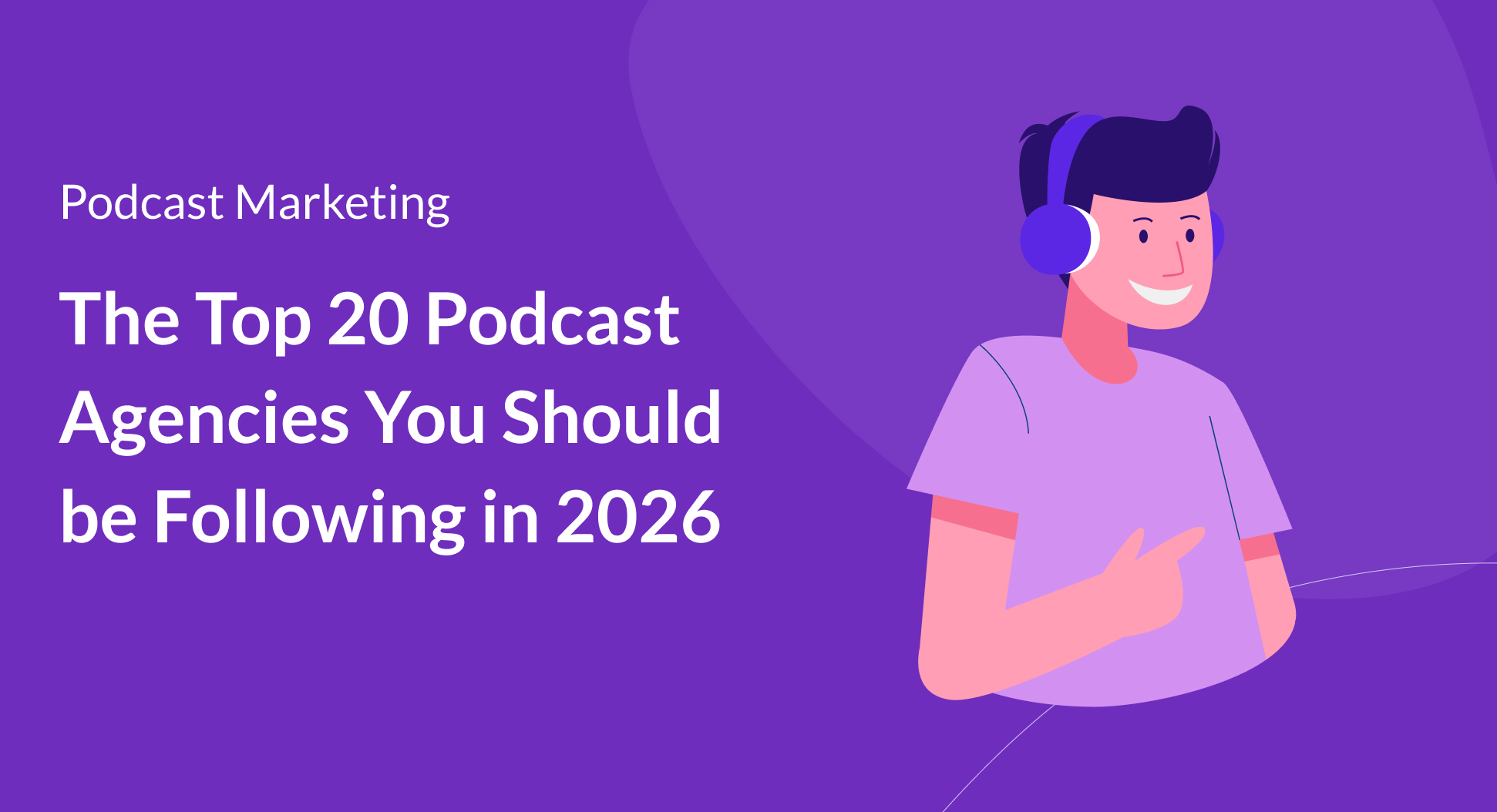
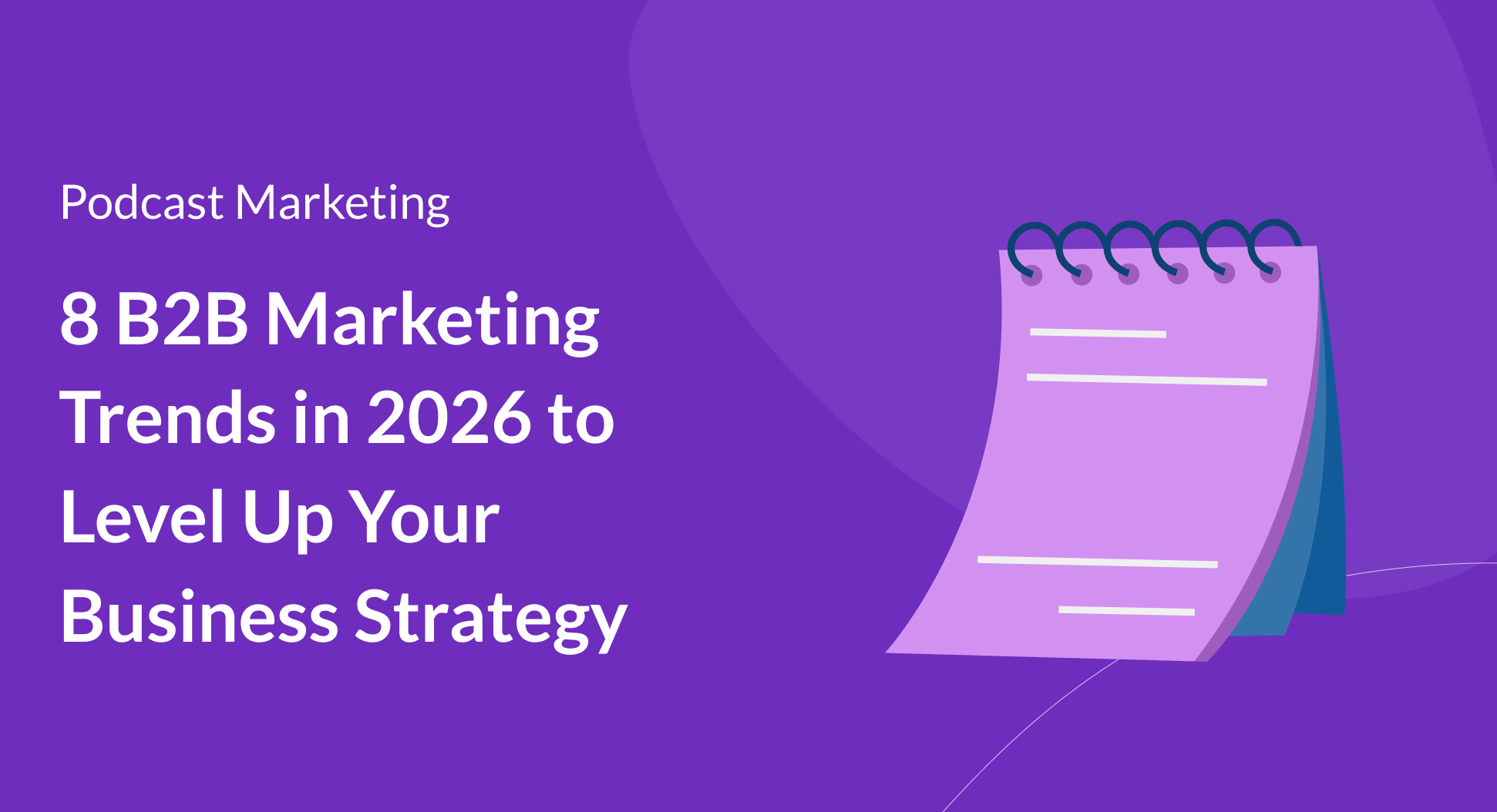
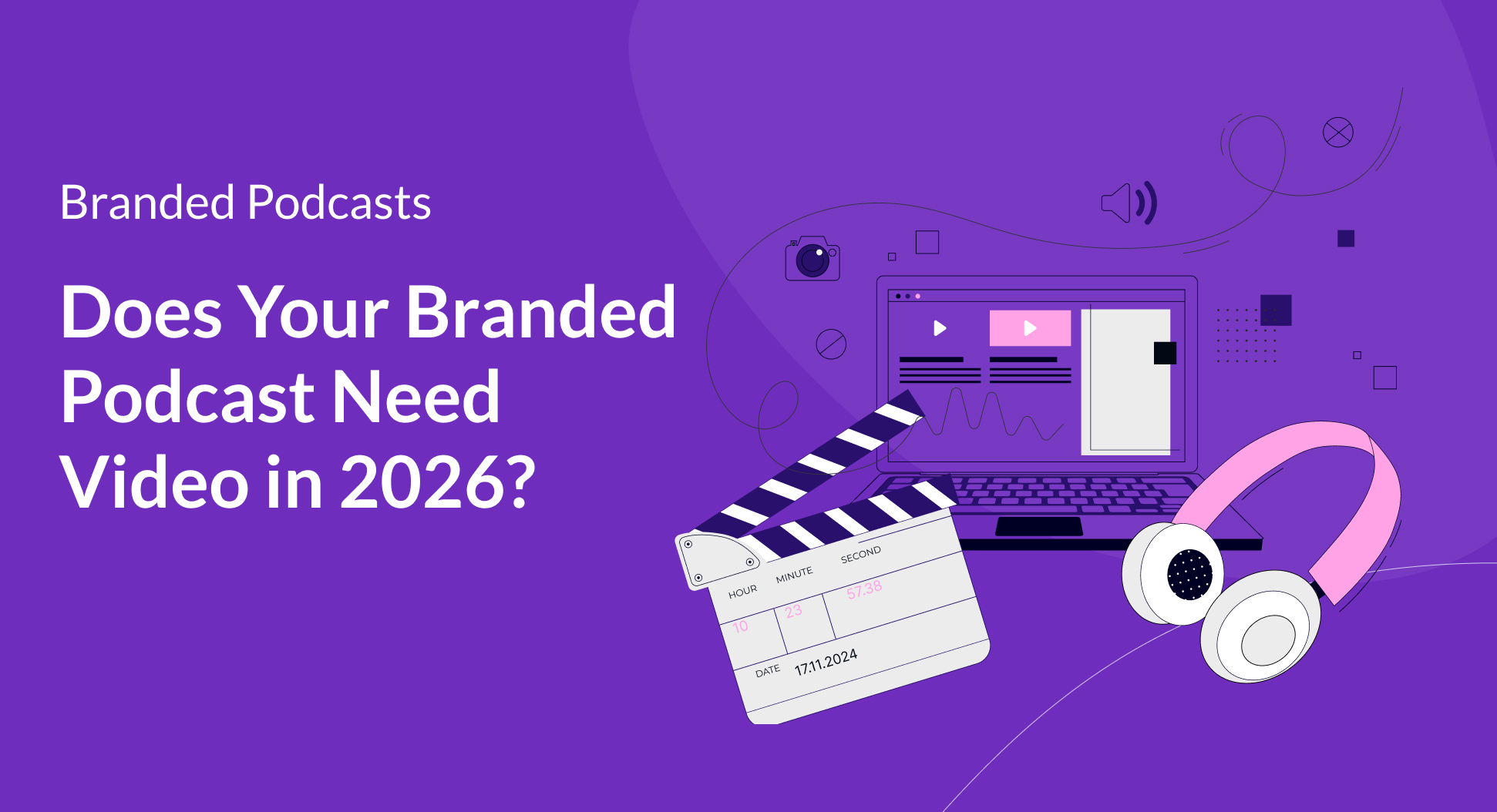
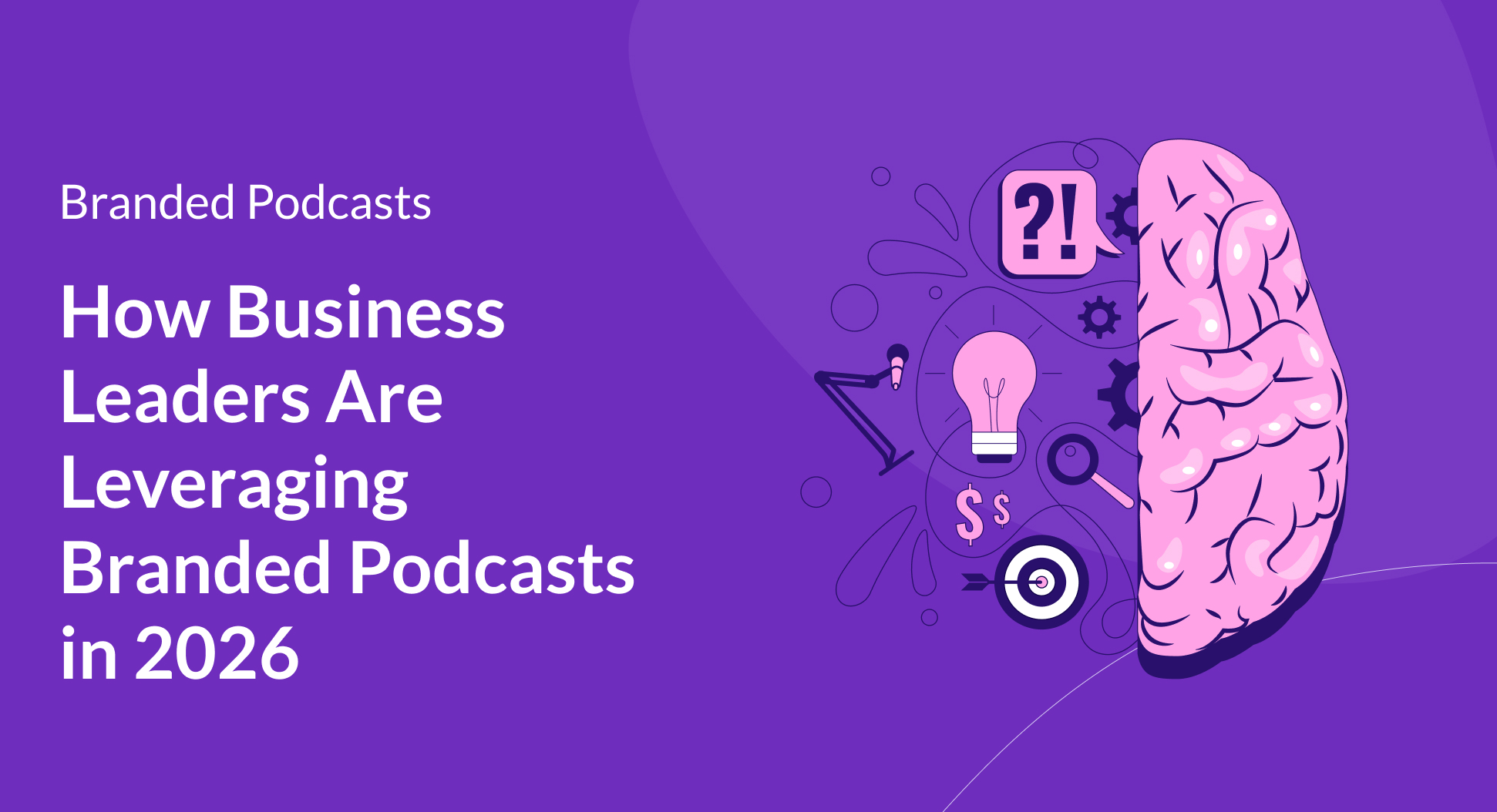
.png)

.png)




.png)
.png)
.png)
.png)